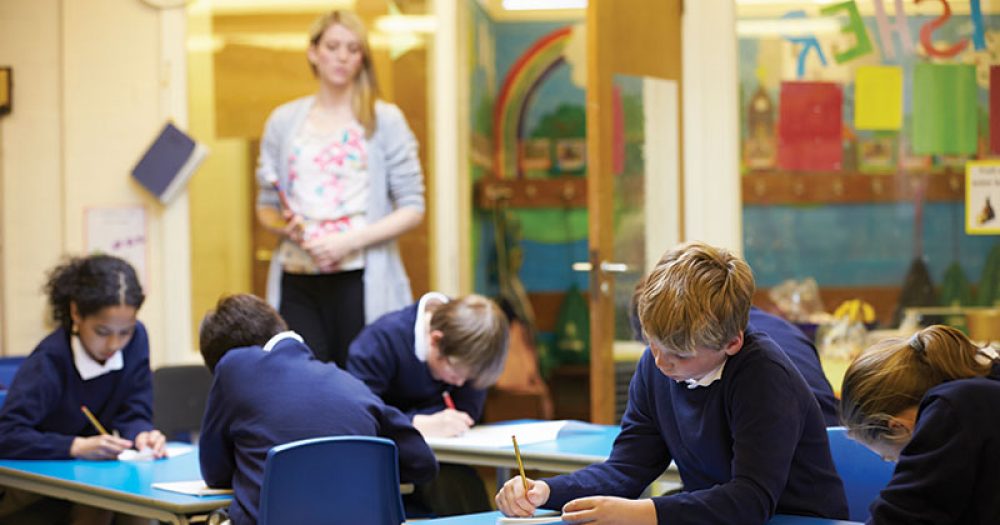Three in four teachers feel unable to access support to tackle their pupils’ mental health issues, a survey teaching union NASUWT has shown.
An upsurge of mental health issues in children has left schools struggling to access adequate support for a variety of issues including anxiety, panic attacks, depression and eating disorders.
Only 24 per cent of respondents to NASUWT’s March survey said they were very or fairly confident they would be able to get timely support from experts such as children and adolescent mental health services (CAMHS), when helping young people with mental health problems.
The survey, which received 2,051 submissions from teachers and leaders, found almost all (98 per cent) had come into contact with pupils who they believed were experiencing mental health problems.
While over half (54 per cent) said they were fairly confident about recognising the signs of a possible mental health problem, there was little confidence in accessing support.
Nearly half said they had never received any training on children’s mental health.
Looking at the types of mental health challenges amongst pupils, the most common problem was anxiety or panic attacks, which were reported by 91 per cent of teachers.
This was followed by 79 per cent who said they knew of a student coping with depression and 64 per cent who had encountered self-harm.
After this, 49 per cent knew of pupils with eating disorders and 47 per cent were aware of obsessive compulsive disorder amongst their learners.
The behaviours were found to be most prevalent in pupils aged between 15 and 16. Ongoing concerns around exam pressure were cited as a contributing factor by 84 per cent of survey participants.
Ninety one per cent said the problems were rooted outside of school with family worries, and 72 per cent cited social media pressures as a cause.
One survey respondent commented:“I teach children unable to attend school due to medical reasons. I see the impact of mental health on a daily basis.
“The whole system seems woefully under resourced and children wait far too long for effective intervention and it does not always seem to help them sufficiently to move on with their lives.”
Chris Keates, general secretary of the NASUWT, said: “Teachers and school leaders take very seriously their duty of care to their students and it is clear there is a great deal of concern in the profession about the gulf in the availability of expert physiological support and counselling for pupils with mental health needs.
“The prime minister earlier this year pledged to improve mental health support for pupils. However, schools cannot address this issue alone and cuts to budgets and services in local authorities, health and education have all taken a heavy toll on the support available, as evidenced by the concerns expressed by teachers about the difficulties and delays in accessing CAMHS support.”
She called on Theresa May to “make good on her pledge and urgently act to improve expert mental health provision for children and young people”.


Nobody, government,school leadership, parent should be making pre-emptive descisions about the learning ability or career direction of any child before the age of 13/14 years. Let primary chuildren learn through collaboration and positive activity in quality environments. Let the middle school years open up more oportunities for outdoor activity, art, music, technology and science with positive role models at the fore-front. Then at 14 children will be mature enough to know their ownselves, have an idea about what they are good at, and can be fitted into the right learning pathway for GCSE to address their aspirations and living circumstances. Who is going to fund the excessive transport, exspensive clubs, additional uniform and equipment for “clever” children to attend selective schools? The answer is to stop fragmentation and to make all local schools good and create happy, supportive, thriving communities where teachers can teach and pupils can thrive. To do this successfully schools must be politically autonomous but locally accountable through collaborative learning trusts. A happy child will learn better.